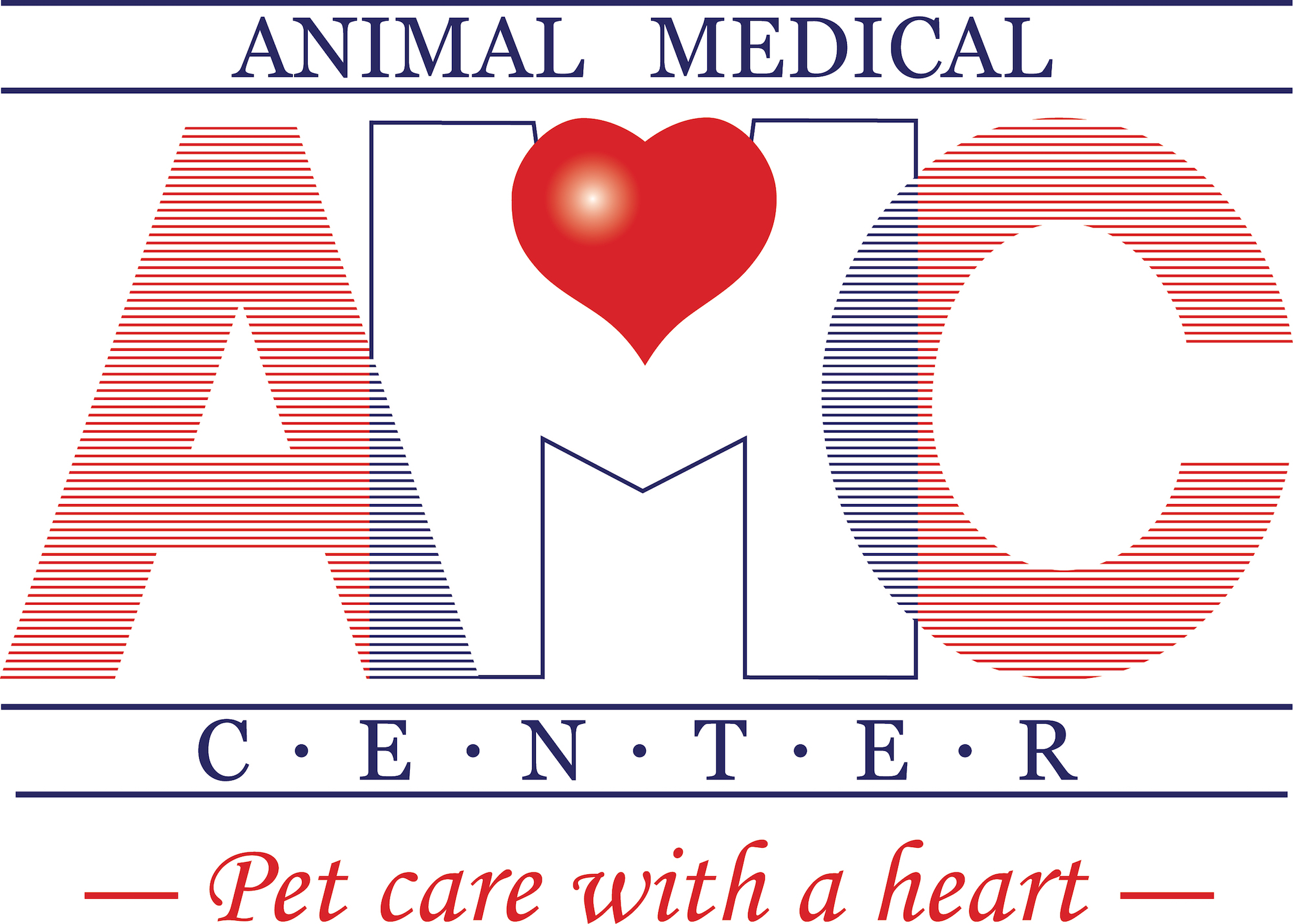Library
-
Infertility in a male dog is defined as the inability to produce a successful pregnancy in a fertile female, even with multiple breedings near the time of ovulation. The causes of infertility fall under three broad categories: failure to copulate or ejaculate, poor semen quality, and prostatic disease. This handout explains the possible causes in detail, as well as methods to diagnose and treat them.
-
Lysosomal storage diseases are a rare collection of conditions that are inherited. Many of them are more prevalent in certain breeds and are seen in the first few months of life. Clinical signs vary depending on the type of disease, but commonly include failure to thrive, incoordination, vision loss, and seizure. Prognosis is usually poor for long-term survival.
-
Mastitis is inflammation of a mammary gland (breast). In most cases, mastitis is caused by a bacterial infection. Less commonly, mastitis may occur due to the mammary gland, or prolonged periods of milk accumulation without milk removal, leading to inflammation in the gland. This handout discusses causes, signs, diagnosis, and treatment of this condition.
-
Mastitis is inflammation of a mammary gland (breast). In most cases, mastitis is caused by a bacterial infection. Less commonly, mastitis may occur due to the mammary gland, or prolonged periods of milk accumulation without milk removal, leading to inflammation in the gland. This handout discusses causes, signs, diagnosis, and treatment of this condition.
-
Miscarriage (spontaneous abortion) refers to the death of a fetus during pregnancy. It can occur at any time during pregnancy, though the signs vary depending on the stage at which it occurs. This handout discusses signs, diagnosis, and treatment.
-
Miscarriage (spontaneous abortion) refers to the death of a fetus during pregnancy. It can occur at any time during pregnancy, though the signs vary depending on the stage at which it occurs. This handout discusses signs, diagnosis, and treatment.
-
Many herding breeds (most commonly Collies and Australian Shepherds) have a mutation at the MDR1 gene that makes them more sensitive to the negative effects of certain medications. This handout explains how this mutation works and how to know if your dog is affected.
-
Polycystic Kidney Disease (PKD) is an inherited condition that causes multiple cysts (fluid pockets) in the kidneys. Persian cats and breeds with Persian bloodlines are most commonly affected. The clinical signs, diagnosis, genetic testing, and treatment options are explained in this handout.
-
Breeding cats can be an extremely rewarding experience. However, before undertaking a breeding program, it is essential to understand what this involves, from the time of mating to the time of weaning. Pregnancy or gestation ranges from 60-67 days, averaging 63-65 days.
-
Most pet pregnancies and deliveries go smoothly, but as a caring pet owner, you should be prepared for the unexpected. This handout outlines what you should know about common pregnancy complications.

